News, research and analysis, opinion pieces and other resources from International Campaign for Tibet
1099 Results
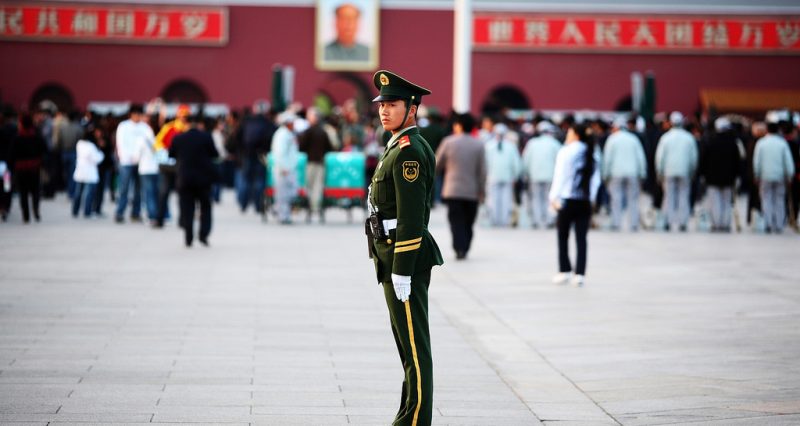
The Rise of the Chinese National Security State Under Xi Jinping
An article written by Tai Ming Cheung and published by China Policy Institute.
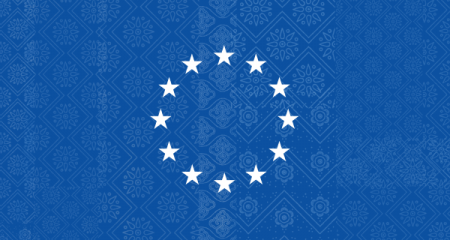
ICT Welcomes European Parliament Urgency Resolution on Larung Gar Demolitions and Ilham Tohti
The European Parliament adopted on 15 December 2016 an urgency resolution on breaches of human rights, democracy, and rule of law in China, in which it urged the Chinese authorities to stop the dismantling at Larung Gar Tibetan Buddhist academy.

Statement by the EU Delegation to China on the International Human Rights Day
On the occasion of the International Human Rights Day on 10th December 2016, the EU has issued a statement on China, raising the case of a Tibetan prisoner, Tashi Wangchuk.
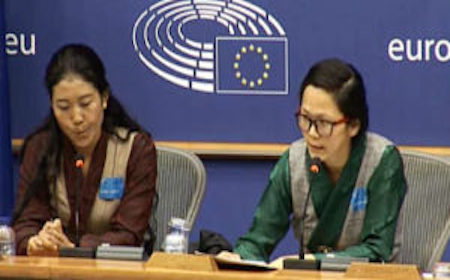
Testimony of Nyima Lhamo before the Subcommittee on Human Rights of the European Parliament – 28 November 2016
On November 28, 2016, the niece of the late Trulku Tenzin Delek Rinpoche Nyima Lhamo addressed the European Parliament’s Subcommittee on Human Righs
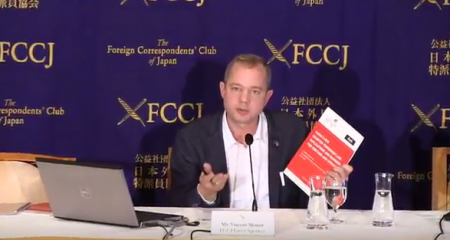
ICT-FIDH new report on China’s new counter-terrorism law – Press Conference at Tokyo’s FCC
On 15 November 2016, the joint-report of ICT and FIDH on China’s new counter-terrorism law was released during a press conference at the Foreign Correspondents Club of Japan
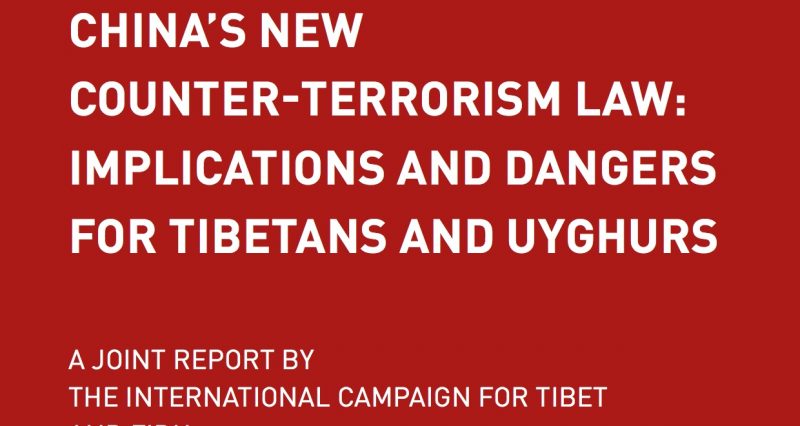
New ICT-FIDH Report: Dangers of China’s counter-terrorism law for Tibetans and Uyghurs
The International Campaign for Tibet (ICT) and FIDH highlighted the serious human rights risks and counter-productive nature of China’s new counter-terrorism law in a new report launched on 15 November at the Foreign Correspondents Club of Japan.
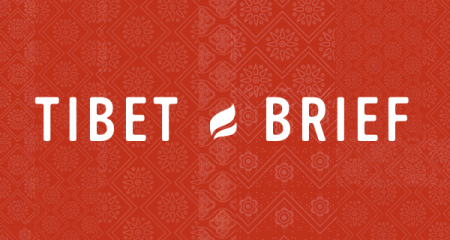
Tibet Brief – Edition 56
In this edition: Dalai Lama visits Europe, calls to engage in ‘constructive criticism’ of China; Tibet once again in the spotlight at the 33rd Session of the United Nations Human Rights Council; Mass expulsions at globally renowned Buddhist institutes follow demolitions; New Party boss in Tibet Autonomous Region associated with hardline campaigns, anti-Dalai Lama struggle; Two Tibetans, including well-known writer, detained just after release from prison (…)
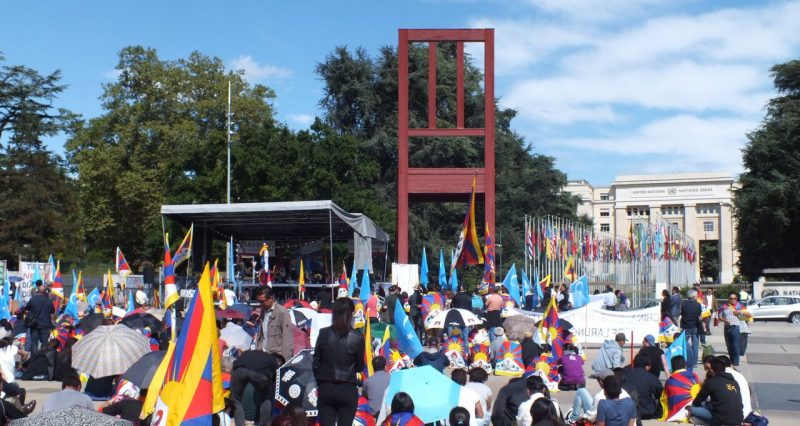
Tibet once again in the spotlight at United Nations in Geneva
The 33rd session of the United Nations Human Rights Council in Geneva once again saw Tibet and China in the spotlight, as the High Commissioner for Human Rights prominently expressed concern with regard to human rights violations in the People’s Republic of China and urged the Chinese government to cooperate with United Nations institutions.
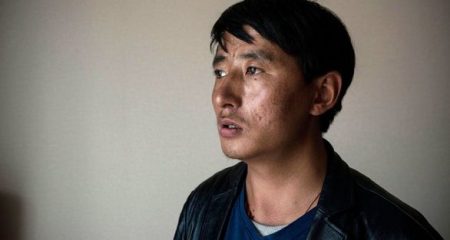
Imprisoned Tibetan language advocate Tashi Wangchuk faces false ‘separatism’ charges
A Tibetan man imprisoned for his advocacy for Tibetan language depicted in a New York Times video interview still faces criminal charges, according to his lawyer, and police are pushing for a trial.

EU Statement at UNHRC33: Human Rights situation that require the Council’s attention
EU Statement at the 33th Session of the United Nations Human Rights CouncilItem 4 – Human Rights situation that require the Council’s attention19 September 2016 (…) In China, the detention of human rights lawyers and defenders since mid-2015 and the harassment of their families remain as major concerns. The EU calls for the immediate release […]